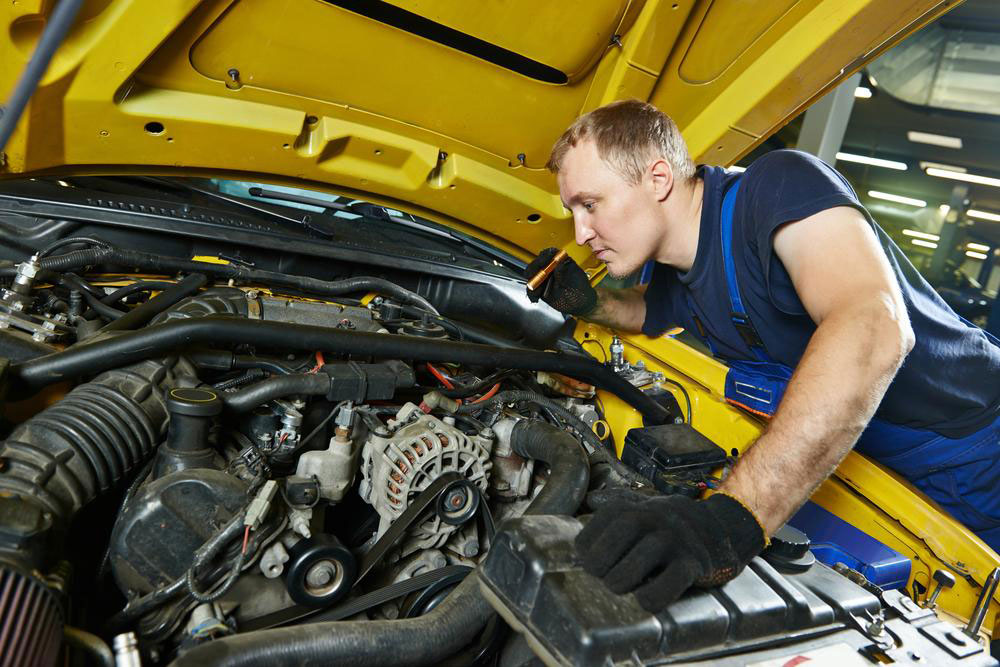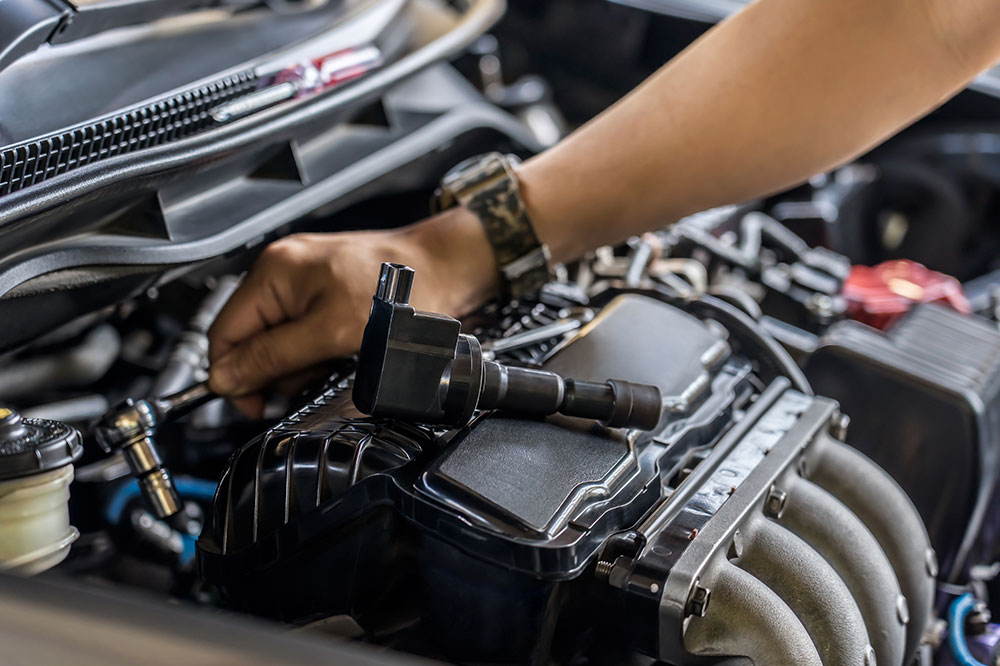Comprehensive Guide to Debunking 6 Common Car Maintenance Myths
This comprehensive guide debunks six common car maintenance myths, providing accurate, expert-backed insights to help vehicle owners make smarter maintenance decisions. Learn how to optimize your car’s longevity, save money, and improve safety by understanding the truth behind popular misconceptions about oil changes, brake fluid, engine tune-ups, filters, cooling systems, and air conditioning use.

Comprehensive Guide to Debunking 6 Common Car Maintenance Myths
Owning and maintaining a vehicle involves understanding the right care practices to ensure longevity, efficiency, and safety. However, numerous misconceptions about car maintenance have led drivers to adopt ineffective or unnecessary habits. These myths can unnecessarily increase expenses, cause mechanical issues, or lead to premature wear of vehicle components. In this detailed guide, we will analyze six prevalent car maintenance myths, providing accurate information backed by automotive experts to help you make informed decisions on how best to care for your vehicle.
Proper vehicle maintenance not only extends its lifespan but also improves fuel efficiency, safety, and resale value. It's essential to distinguish between facts and misconceptions—some of which have persisted for decades—so you can avoid costly mistakes and adopt evidence-based practices. Whether you're a seasoned car owner or new to vehicle care, understanding these myths will enable you to optimize your maintenance routine effectively.
One of the most common misconceptions is the belief that oil needs to be changed every 3,000 miles. Many modern vehicles are designed to go much further between oil changes, often up to 7,500 miles or more, under normal driving conditions. Following your vehicle's owner manual is essential, as this provides manufacturer-specific recommendations that optimize engine health while avoiding unnecessary expenses. Over-frequent oil changes may seem beneficial but can actually lead to wasted resources without significant improvements in engine longevity.
Another widespread myth is the need to warm up your car before driving, especially in cold weather. Modern engines are engineered to operate efficiently right after startup. Idling for extended periods to warm the engine is no longer necessary; a quick start followed by gentle driving allows the engine to reach its optimal temperature rapidly. This practice conserves fuel and reduces emissions.
Regarding brake fluid changes, many drivers believe that brake fluid needs frequent flushing. In reality, brake fluid acts as a lubricant and hydraulic medium within the brake system. Typically, a brake fluid change every one to two years suffices unless otherwise specified by your vehicle manufacturer. Regular inspections ensure the brake system functions smoothly, preventing costly repairs and maintaining safety.
Engine tune-ups have long been considered routine maintenance staples, but their necessity depends on vehicle age and performance symptoms. Modern vehicles often require fewer tune-ups, approximately every 30,000 miles, to maintain optimal operation. Regular diagnostics can identify specific issues early, reducing the need for extensive tune-up procedures and ensuring your engine runs efficiently.
Filter replacements—oil, air, fuel, and transmission filters—are vital but often misunderstood. Not all filters need frequent changing; over-replacement can be wasteful. For example, some air filters last up to 30,000 miles, while others may need servicing sooner. Always consult your owner’s manual or a qualified mechanic to determine the appropriate intervals based on your driving conditions and vehicle specifications.
Cooling system maintenance is critical but often misunderstood. Modern vehicles come with sealed cooling systems that don't require draining twice a year. Coolant fluids have improved significantly, lasting up to two or more years before requiring replacement. Regular inspections for leaks and corrosion are more important than routine draining and refilling, helping prevent overheating and costly engine repairs.
Finally, the myth that running the air conditioning reduces fuel economy significantly isn’t entirely accurate. While using A/C does increase fuel consumption compared to turning off the system, driving with windows down creates aerodynamic drag, increasing fuel consumption more in many cases. Modern vehicles are designed to use the A/C efficiently, and turning it on is generally more economical than maintaining open windows at highway speeds. Understanding this can help you make smarter choices to save fuel while maintaining comfort during your drives.
By debunking these common myths, drivers can adopt a more informed approach to car maintenance that saves money, time, and extends the life of their vehicles. Regular, proper care tailored to your vehicle’s specifications ensures safety and optimal performance, preventing unnecessary repairs and promoting long-term reliability.





